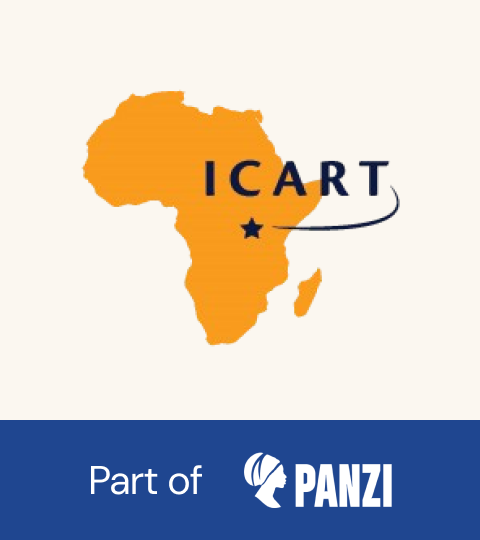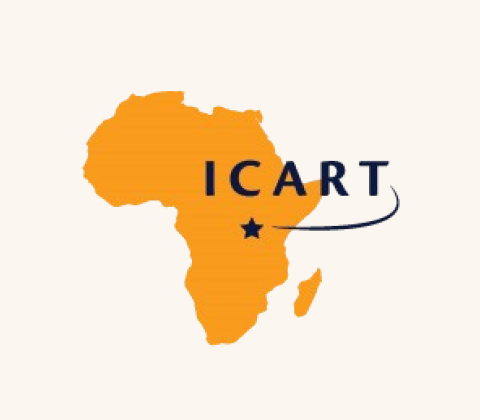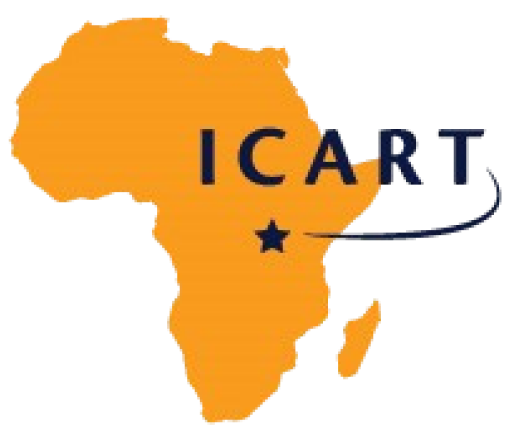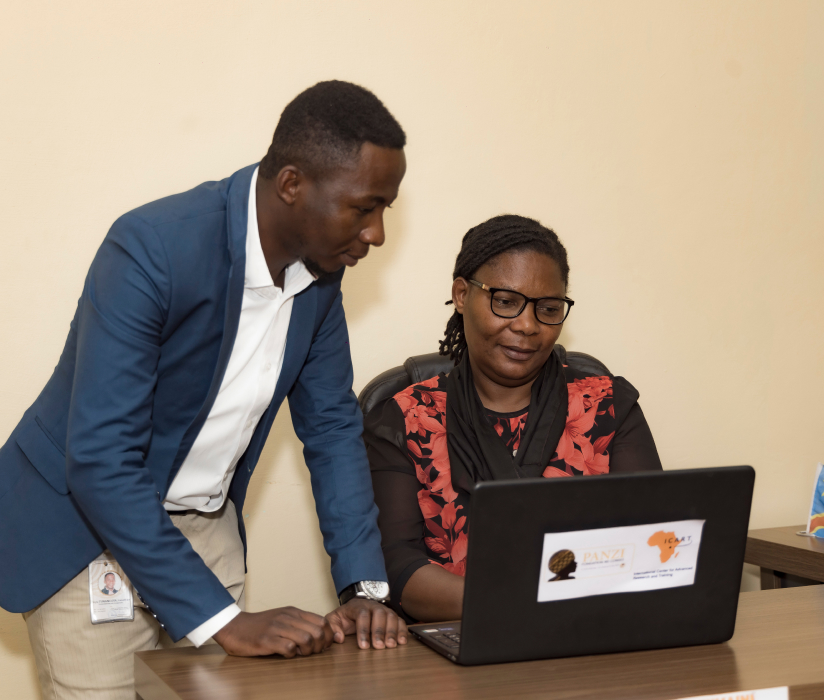
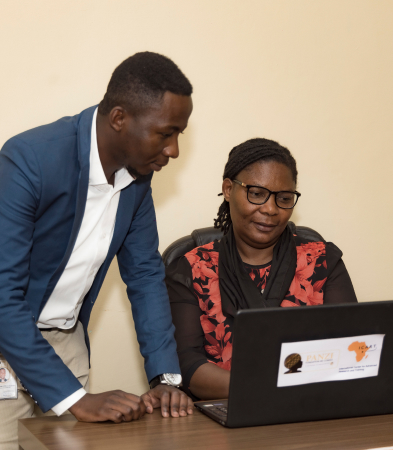
Our Research for Community Impact
Our Research in The DRC
ICART plays a crucial role in advancing the missions of the Panzi Foundation (FP) and the Panzi Hospital through its research activities. Its primary focus is to support survivors of gender-based violence (GBV), in line with Panzi Foundation’s mission and address the health needs of women, girls, newborns, children, and families, a key objective of the HGRP.
ICART’s research priorities are designed to uphold the values of Panzi Foundation and encompass a wide range of interdisciplinary fields, including psychology, sociology, economics, law, and nutrition. To tackle these complex issues, the center employs diverse research methodologies such as epidemiological studies, experimental and quasi-experimental research, human and social sciences investigations, synthetic research and database analysis.
ICART operates under a five-year strategic plan, with ongoing evaluations at the midpoint and conclusion to ensure the alignment of its research priorities with both local needs and global scientific developments.
Our Research
Sexual and Gender-Based Violence victims’ satisfaction of the support services through the holistic model of care in the Democratic Republic of Congo
Motivations for sexual violence in armed conflicts: voices from combatants in eastern Democratic Republic of Congo
Impact of the Healing in Harmony program on women’s mental health in a rural area in South Kivu province, Democratic Republic of Congo
A cross-sectional study exploring the characteristics of female survivors of sexual violence living with HIV/AIDS in the eastern region of Democratic Republic of Congo
A man never cries: barriers to holistic care for male survivors of sexual violence in eastern DRC
Antenne de la Chaire de Philosophie à l’hôpital de Panzi. Humanités, art et résilience dans l’accompagnement des femmes survivantes de violences de genre et sexuelles à l’hôpital de Panzi
Re-Création. Thérapie RECRÉATION et processus de Recherche-Action
Survivre après le viol en RDC : une étude comparative du vécu des survivantes de Bukavu et de Kinshasa
La résilience sociale après la violence sexuelle à l‘Est de la RD Congo : du déclin sociétal à la gouvernance responsable à travers les réparations
Fight for Dignity
Observatoire des impacts psychologiques des conflits armés et violences intergroupes (PSYCAVI)
Violences, conflits armés et santé psychologique: Études épidémiologiques longitudinales des populations dans la région des grands lacs africain
La satisfaction des survivantes des violences sexuelles ayant bénéficié de la prise en charge via le modèle holistique de la Fondation Panzi
L’intention d’utiliser des applications de santé mobile pour l’éducation sexuelle complète des jeunes en République démocratique du Congo : une étude mixte convergente
Analyse de l’implantation d’un programme de reconversion professionnelle en santé : du rôle infirmier à celui de sage-femme
ICART’s research projects are developed collaboratively by local and international researchers and students, covering diverse areas like health, resilience, and social impact. This blend of expertise enriches ICART’s mission, addressing both community-specific needs and broader global challenges.



Research & Ethics
At ICART, we adhere to a set of ethical principles and data usage policies that guide our research efforts and ensure responsible, transparent practices. The respect and protection of research participants are ensured by the Research Ethics Committee.
Ethical Principles
To respect and protection of research participants, it must adopt standards to ensure that participants are treated according to the most fundamental principles of research ethics as well as the moral values inherent in ICART’s mission.
Respect for Persons
Beneficence
Justice
Integrity
Solidarity
Data Access and Usage Policy
Any application to carry out a research project, with or without the use of Panzi's databases, must request authorization from the authorities of the ICART research center.
- Data access is fee-based to cover operational costs.
- Researchers must follow strict data management and confidentiality rules.
- Data can only be used for the approved project and cannot be shared without permission.
- Acknowledge Panzi’s data bank and ICART’s support in all publications and presentations.
Researchers must follow ICART's 3 step approval process to conduct research
1. Initial Approval
Submit a request to ICART’s Scientific Committee, demonstrating that the project meets the required criteria.
2. Document Review
ICART’s review committee will examine documents, including the research protocol, proof of funding, ethical approvals, and data transfer agreements.
3. Ethics Approval
Secure approval from ICART’s Research Ethics Committee, ensuring the project follows ethical standards and aligns with Panzi’s core values.
1
Research Proposal
1. Initial Approval
Submit a request to ICART’s Scientific Committee, demonstrating that the project meets the required criteria.
2
Formatting Requirements
2. Document Review
ICART’s review committee will examine documents, including the research protocol, proof of funding, ethical approvals, and data transfer agreements.
3
Supporting Documents
3. Ethics Approval
Secure approval from ICART’s Research Ethics Committee, ensuring the project follows ethical standards and aligns with Panzi’s core values.
Under Construction
Coming Soon in 2025
This page is currently under construction and will be launching in 2025. We appreciate your patience and invite you to check back for updates.
Detailed Submission Guidelines
Any request to carry out a research project must provide sufficient details to allow an assessment of the feasibility of the project as well as its relevance for Panzi and for ICART. The submission of an application must include the following elements:
Research Proposal
Submit a research proposal (max 10 pages) to ICART’s Scientific Committee. Include:
- Project Title
- Researchers’ Names and Affiliations
- Contact Information
- 300-word Abstract and 5 Keywords
- Problem Statement
- Research Justification (background, framework, and research questions)
- Proposed Methodology (design, target population, sampling, data collection and tools, and analysis)
- Ethical Considerations
- Data Requirements (if using Panzi’s databanks)
- Expected Outcomes
- References
- Project Timeline
- Budget and Funding Source
- Research Team
- Pre-registration Commitment (for experimental studies)
- Annexes (CVs, questionnaires, consent forms, support letters, etc.)
Enhancing Evidence Based Practice Through Training and continuing education
ICART provides continuous training for SRHR teams by:
- Identifying evolving training needs for service providers and communities
- Creating tailored programs to meet those needs
- Evaluating the impact of training on evidence based practice and quality of care
Facilitating Collaboration
ICART fosters partnerships between local and international researchers and trainers to strengthen global SRHR efforts.
Our Research Partners
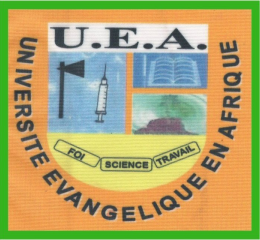
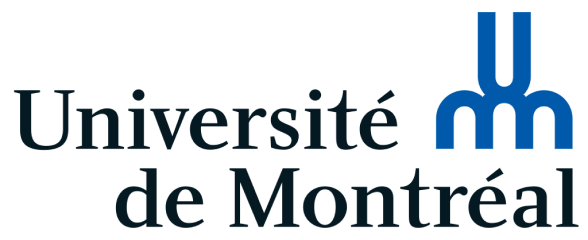



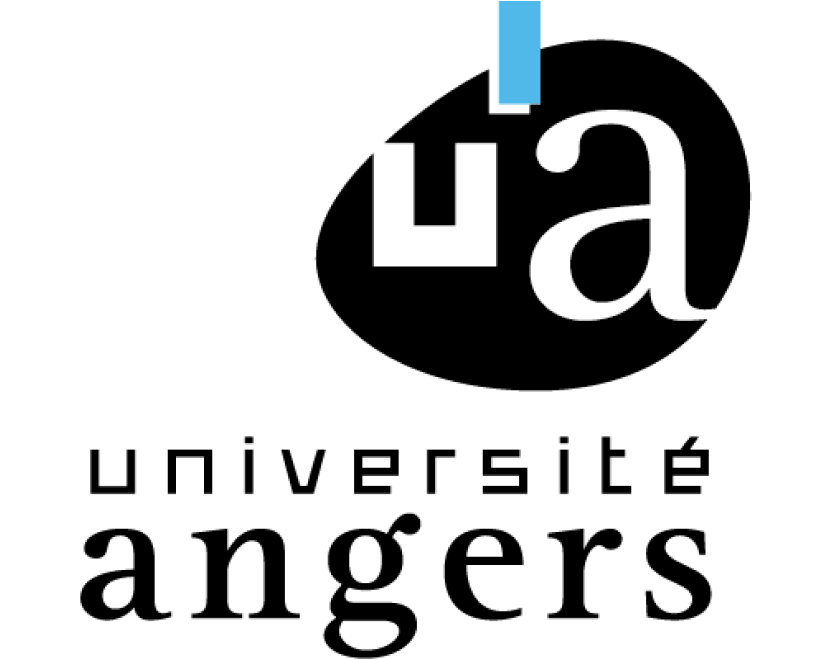





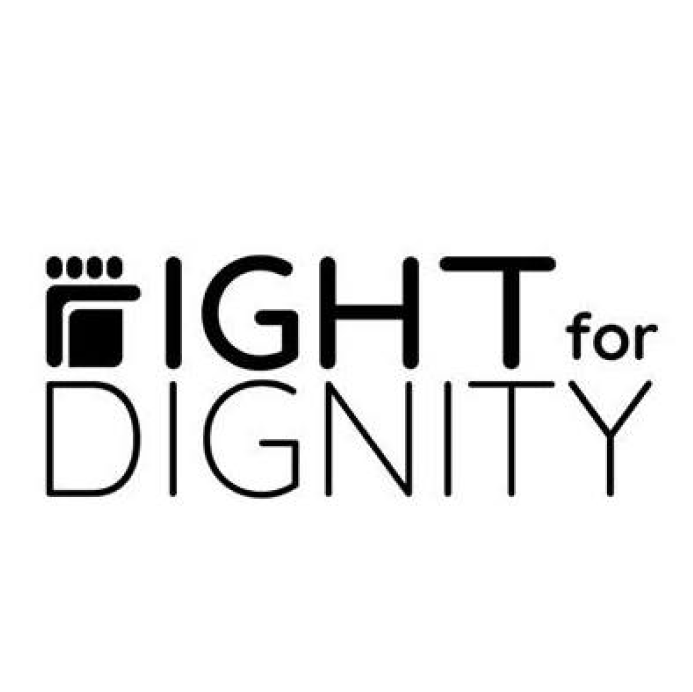

Support research that transform the lives of victims affected by conflict
Under Construction
Coming Soon in 2025
This page is currently under construction and will be launched in 2025. We appreciate your patience and invite you to check back for updates.
